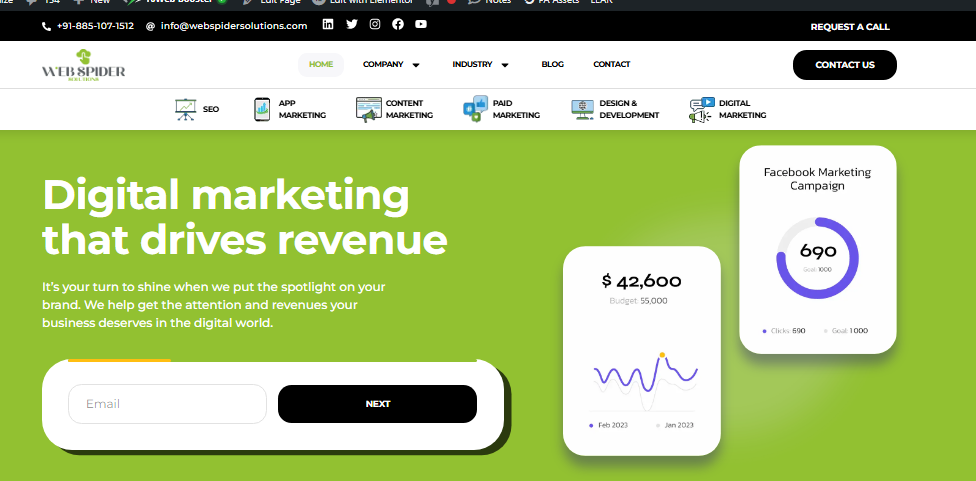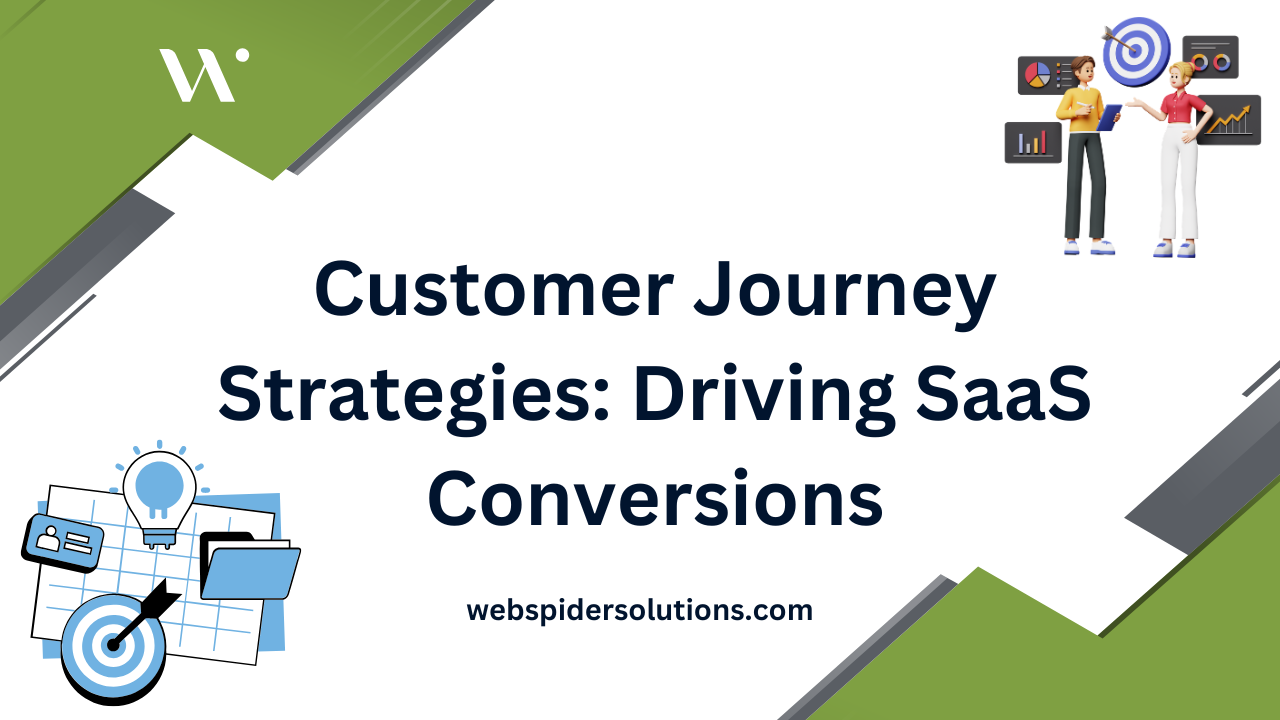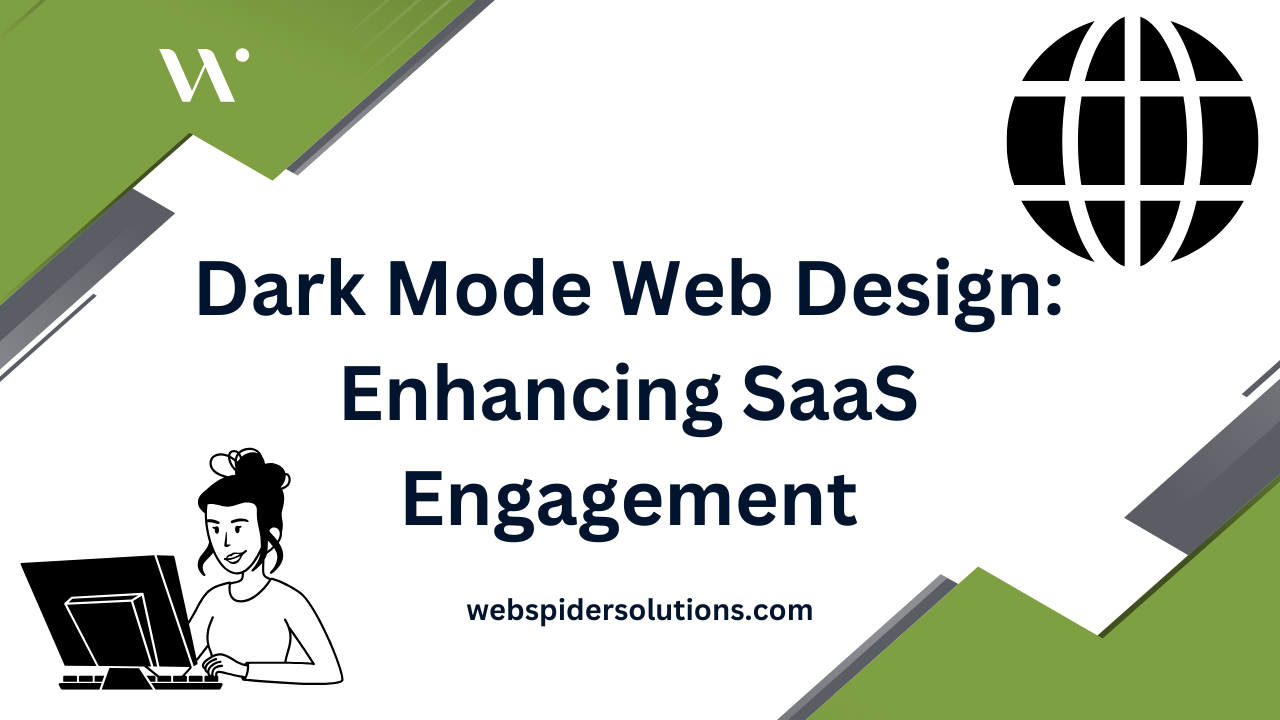Content marketing has changed the way brands reach people. Instead of bombarding audiences with ads, smart companies today deliver useful information that keeps customers coming back. More than 42 percent of marketing pros now use AI to shape the content you see online. That number might sound huge for something that barely existed a few years ago. But the most surprising shift is not about technology or tools. It is the focus on real connection and trust, which is quickly becoming the secret advantage behind every successful digital brand.
Table of Contents
- What Is Content Marketing And Its Evolution?
- The Origins And Transformation Of Content Marketing
- Strategic Components Of Modern Content Marketing
- Why The Future Of Content Marketing Matters For Businesses
- Transforming Customer Engagement Dynamics
- Economic And Strategic Advantages
- How Emerging Technologies Are Shaping Content Marketing
- Artificial Intelligence And Personalization
- Immersive Technologies Transforming Engagement
- Key Trends Influencing The Future Of Content Marketing
- Personalization And Hyper Targeted Content
- Data Driven Content Strategies
- Real-World Examples Of Successful Future-Proof Content Strategies
- Emotional Storytelling And Brand Connection
- Educational Content As A Strategic Differentiator
Quick Summary
| Takeaway | Explanation |
|---|---|
| Content marketing builds genuine audience connections | This approach focuses on providing valuable content rather than interruptive advertising, fostering trust and loyalty with potential customers. |
| Harness AI for personalized content experiences | Leverage artificial intelligence to tailor content to user preferences, enhancing engagement through data-driven insights and recommendations. |
| Educational content drives brand authority | Creating informative content positions your brand as a trustworthy resource, engaging audiences by addressing their needs without overtly selling. |
| Embrace emerging technologies for engagement | Utilize technologies like AR and VR to craft interactive experiences that deepen audience connection and enhance brand storytelling. |
| Adopt data-driven strategies for optimization | Implement analytics and performance metrics to refine content strategies based on real-time audience engagement and preferences. |
What is Content Marketing and Its Evolution?
Content marketing represents a strategic approach to creating and distributing valuable, relevant, and consistent content designed to attract and retain a clearly defined audience. Unlike traditional advertising that interrupts consumers, content marketing focuses on providing genuine value through informative, engaging materials that solve problems and address audience needs.
The Origins and Transformation of Content Marketing
Traditionally, marketing was a one directional communication channel where brands pushed messages at consumers. Content marketing emerged as a revolutionary approach that flips this paradigm, prioritizing audience engagement and value creation.
 Understand our content marketing approach reveals how businesses can transform their communication strategies.
Understand our content marketing approach reveals how businesses can transform their communication strategies.
The evolution of content marketing can be traced through several key developments:
The table below outlines the evolution of content marketing by comparing key characteristics across different historical phases.
| Phase | Description | Key Characteristics |
|---|---|---|
| Traditional Print Media | Early forms of content marketing in magazines and other print publications | One-way communication, informational, brand awareness |
| Digital Transformation | The rise of digital channels and interactive strategies | Two-way interaction, targeted content, online formats |
| Social Media Era | Platforms enable direct audience engagement and personalized content | Real-time feedback, personalization, community building |
| Modern Content Marketing | Integrated multi-channel and data-driven approaches | Multi-format, analytics-based, consistent messaging |
- Traditional Print Media: Early forms of content marketing appeared in print publications like John Deere’s “The Furrow” magazine, which provided agricultural insights for farmers
- Digital Transformation: The internet enabled more interactive and targeted content strategies
- Social Media Era: Platforms allowed direct audience interaction and personalized content distribution
Strategic Components of Modern Content Marketing
Modern content marketing integrates multiple channels and formats to create comprehensive audience experiences. According to research exploring content marketing’s development, successful strategies now require:
- Deeply understanding target audience preferences
- Creating multi format content (blogs, videos, podcasts)
- Measuring engagement and adapting strategies
- Maintaining consistent brand messaging across platforms
The core philosophy remains unchanged: provide authentic value that builds trust, educates, and ultimately guides potential customers through their decision making journey.
Why the Future of Content Marketing Matters for Businesses
Content marketing has become a critical strategy for businesses seeking sustainable growth in an increasingly digital marketplace. Its significance extends far beyond traditional advertising, offering a powerful mechanism for building meaningful connections with target audiences and driving long term business objectives.
Transforming Customer Engagement Dynamics
In the modern digital ecosystem, businesses cannot rely solely on interruption based marketing techniques. Learn about cutting edge marketing trends that demonstrate how strategic content marketing creates genuine engagement. Companies now recognize that providing valuable information is more effective than aggressive selling tactics.
Key advantages of contemporary content marketing include:
- Building trust and credibility with potential customers
- Establishing thought leadership in specific industries
- Creating sustainable pathways for audience interaction
- Generating high quality organic web traffic
Economic and Strategic Advantages
According to research from the Association to Advance Collegiate Schools of Business, digital technology advancements have fundamentally transformed marketing strategies. Content marketing offers significant economic benefits by:
- Reducing customer acquisition costs
- Improving conversion rates through targeted messaging
- Providing measurable return on investment
- Enabling more personalized customer experiences
Businesses that effectively leverage content marketing can differentiate themselves in competitive markets, creating meaningful narratives that resonate with their target audiences and drive sustainable growth.
How Emerging Technologies Are Shaping Content Marketing
Emerging technologies are radically transforming content marketing, creating unprecedented opportunities for businesses to connect with audiences through innovative and intelligent strategies. These technological advancements are not just tools but fundamental reshaping mechanisms that redefine how brands communicate and engage with their target markets.
Artificial Intelligence and Personalization
Artificial intelligence has become a game changing technology in content marketing. Explore how AI revolutionizes digital strategies to understand its profound impact. AI enables hyper personalized content experiences by analyzing user behavior, preferences, and interaction patterns with remarkable precision.
Key AI capabilities in content marketing include:
- Generating data driven content recommendations
- Predicting audience engagement trends
- Automating content creation and curation
- Delivering real time personalized experiences
Immersive Technologies Transforming Engagement
According to research from the University of Idaho, emerging technologies like augmented reality (AR) and virtual reality (VR) are creating immersive content experiences that transcend traditional marketing boundaries. These technologies offer interactive and memorable ways for brands to communicate their stories.
Emerging technological innovations driving content marketing include:
- Virtual product demonstrations
- Interactive storytelling experiences
- Immersive brand narratives
- Enhanced customer engagement through sensory interactions
These technological advancements are not replacing human creativity but empowering marketers to craft more intelligent, responsive, and meaningful content strategies that resonate deeply with target audiences.
The following table compares the key emerging technologies discussed in the article and how they are shaping content marketing.
| Technology | Major Impact on Content Marketing | Example Application |
|---|---|---|
| Artificial Intelligence (AI) | Personalization, automation, predictive content insights | Real-time content recommendations |
| Augmented Reality (AR) | Immersive, interactive storytelling and brand experiences | Virtual product demos |
| Virtual Reality (VR) | Fully immersive brand narratives and engagement | Interactive storytelling |
| Machine Learning | Content optimization, advanced analytics | Predictive audience engagement |
Key Trends Influencing the Future of Content Marketing
Content marketing continues to evolve rapidly, driven by technological innovations, changing consumer behaviors, and increasingly sophisticated digital landscapes. Understanding these emerging trends is crucial for businesses seeking to maintain competitive advantage and connect meaningfully with their target audiences.
Personalization and Hyper Targeted Content
Discover strategic content marketing approaches that leverage advanced personalization techniques. Modern consumers expect content experiences tailored precisely to their preferences, interests, and behavioral patterns.

Key personalization strategies include:
- Creating dynamic content that adapts in real time
- Utilizing granular audience segmentation
- Implementing predictive content recommendation engines
- Developing individualized user journeys
Data Driven Content Strategies
According to Adobe’s 2025 AI and Digital Trends report, 42% of marketing professionals are prioritizing AI for content creation and ideation. This shift represents a fundamental transformation in how businesses develop and distribute content.
Emerging data driven content trends encompass:
- Leveraging machine learning for content optimization
- Using predictive analytics to forecast audience engagement
- Integrating comprehensive performance metrics
- Developing adaptive content strategies based on real time insights
The future of content marketing demands a holistic approach that combines technological innovation, deep audience understanding, and authentic storytelling to create meaningful connections in an increasingly complex digital ecosystem.
Real-World Examples of Successful Future-Proof Content Strategies
Successful content marketing transcends traditional advertising by creating meaningful narratives that resonate deeply with audiences. By studying organizations that have masterfully implemented innovative content strategies, businesses can glean valuable insights into developing compelling communication approaches.
Emotional Storytelling and Brand Connection
Learn innovative content optimization techniques that elevate storytelling strategies. Organizations like Dove have demonstrated the transformative power of emotionally intelligent content marketing through campaigns that challenge societal perspectives and connect authentically with audiences.
Key characteristics of powerful emotional content strategies include:
- Creating narratives that provoke genuine human responses
- Challenging existing perceptions and expectations
- Demonstrating brand values through storytelling
- Generating organic audience engagement
Educational Content as a Strategic Differentiator
According to a comprehensive case study examining successful content marketing initiatives, the Cleveland Clinic exemplifies how educational content can transcend traditional marketing boundaries. Their approach transformed internal communication materials into powerful public engagement tools.
Strategic elements of educational content marketing include:
- Providing genuine value beyond product promotion
- Addressing complex topics with clarity and empathy
- Positioning the brand as a trusted knowledge resource
- Creating shareable, impactful content experiences
These real world examples illustrate that future proof content strategies prioritize audience understanding, emotional intelligence, and genuine value creation over conventional promotional tactics.
Ready to Take Your Content Marketing Into the Future?
Keeping up with the fast-changing landscape of content marketing is a real challenge. Businesses are struggling to stay visible and impactful with so many new technologies, audience demands, and competitors flooding digital channels. The article highlights one key pain point—how to turn evolving trends like personalization, AI, and immersive experiences into real results rather than falling behind. If you feel lost trying to create authentic engagement or want your stories to truly connect, you are not alone. Explore more strategies and inspiration in our Stories Archives and see what is shaping modern campaigns.

Now is the perfect time to future-proof your content marketing and secure your place as a digital leader. Visit Web Spider Solutions today and discover how our tailored digital strategies will help you stay ahead. Our expert team is ready to help you build strategies that resonate, convert, and grow your brand for the long term. Start transforming your content approach now—book your consultation and experience the difference.
Frequently Asked Questions
What is content marketing?
Content marketing is a strategic approach focused on creating and distributing valuable, relevant content to attract and retain a clearly defined audience, prioritizing engagement over traditional advertising.
How has content marketing evolved?
Content marketing has evolved from traditional print media to incorporate digital and social media strategies, enabling targeted content and direct audience engagement through various formats like blogs, videos, and podcasts.
Why is content marketing important for businesses?
Content marketing is crucial for businesses as it builds trust and credibility with potential customers, creates sustainable audience interaction pathways, and enhances brand visibility, leading to long-term business growth.
How are emerging technologies reshaping content marketing?
Emerging technologies, like artificial intelligence and immersive technologies (AR and VR), are transforming content marketing by enabling hyper-personalized content experiences, automating processes, and creating interactive storytelling opportunities.
Recommended
- 7 Content Marketing Trends to Know for 2024 (+Tips to Prepare)
- Content Marketing Archives
- How to Run a Content Audit in 2024
- Content Archives
- Content Distribution Strategies for 2025











